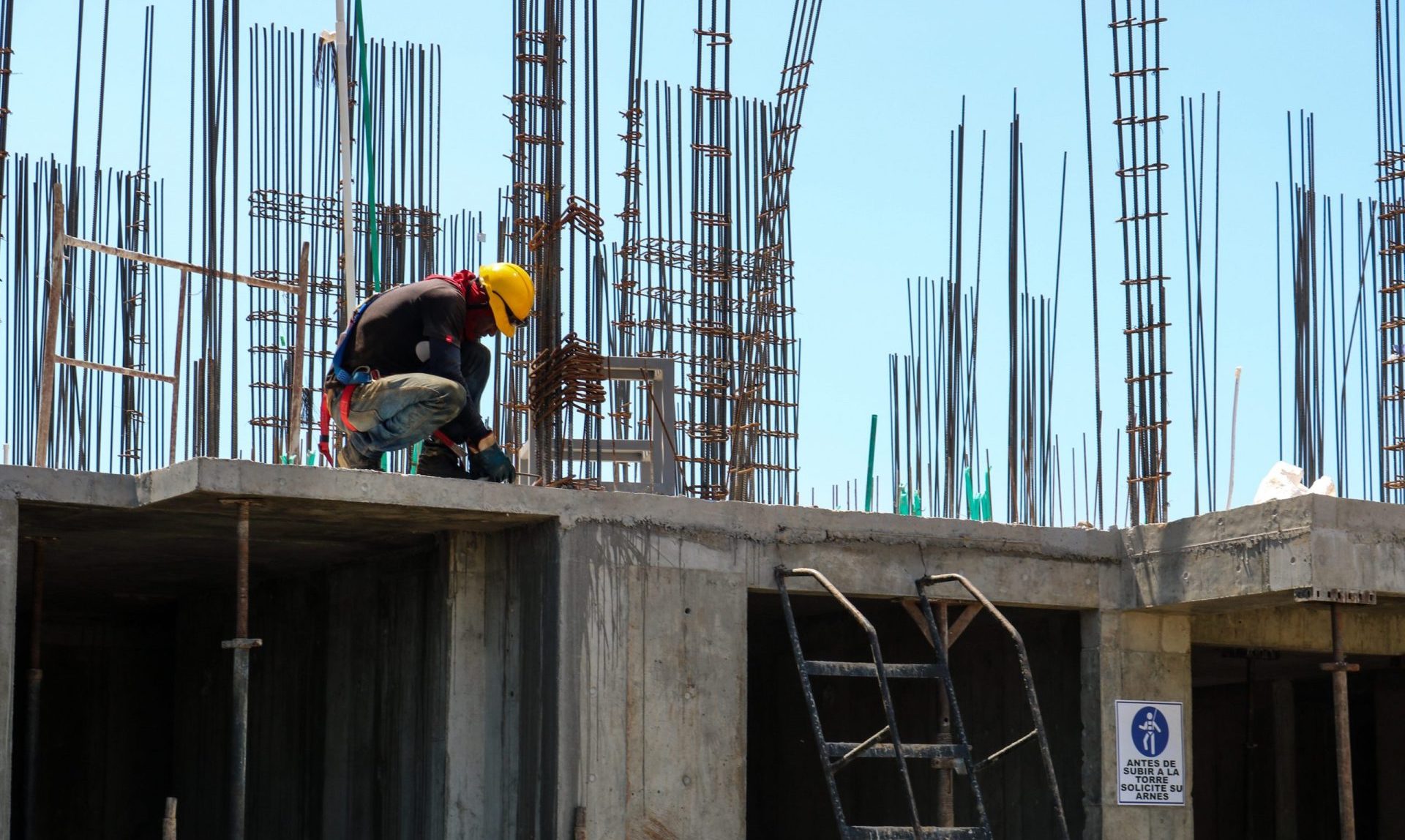Qatar’s major labour law reforms has been carried out in over a span of just few years, FIFA president said, adding such moves took Europe hundreds of years.
Qatar has made progress with regards to labour reforms, however certain obstacles in their implementation still remain, the International Labour Organisation (ILO) stated in a fresh report released on Tuesday.
Published just 19 days before the kick-off of the much anticipated 2022 FIFA World Cup, the report outlines advancements made since the Qatari government and the United Nations labour agency began their technical cooperation back in April 2018.
“We’ve been on a long journey with Qatar – and the reforms and the cooperation with the international community are indeed significant for the region,” said Ruba Jaradat, ILO regional director for the Arab States, in a statement.
The report claimed that although hundreds of thousands of workers—who make up an estimated 85% of Qatar’s population—have improved their living and working conditions as a result of the reforms, however more work needs to be done to ensure that all workers may reap the benefits.
“We all recognise that we are not yet at the finish line, and we will build on this solid foundation to address the gaps in implementation, and ensure that all workers and employers can fully benefit from these major reforms,” Jaradat added.
Since winning the bid to host the World Cup in 2010, Qatar has found itself under the international spotlight, with waves of scrutiny from the west over the conditions of migrant workers and lack of adequate laws to protect them, prompting Doha to take lead in implementing changes.
Qatar became the first country in the region to achieve the abolition of the Kafala system in August 2020.
The change allows migrant workers to change jobs before the end of their contract without first having to obtain a ‘No Objection Certificate’ (NOC) from their employer, dismantling the controversial Kafala system completely and providing protection for workers in the country.
In the two years since these reforms were implemented, the ILO reported that the labor ministry of Qatar has authorised nearly 350,000 applications from migrant workers seeking to change occupations.
The law had previously allowed several workers to be exploited and caused an unequal power balance between workers and their employers, according to activists. However, despite the amendment of the law, some private companies reportedly continue to break the law.
The report further stated that many workers still encounter challenges, such as retaliation from their employers, while trying to leave their jobs and find new ones.
On 20 March 2021, the non-discriminatory minimum wage reform, which applies to all workers of all nationalities, in all sectors, including domestic workers, was announced by Qatar’s Ministry of Administrative Development, Labour and Social Affairs (MADLSA).
The move made Qatar the first country in the Gulf to adopt such law, which mandated that all employees get a minimum of QAR 1,000 ($275) a month in pay as well as a minimum of QAR 300 for food and QAR 500 for housing, unless their employer provides both.
ILO reported that since the new legislation was enacted, 280,000 employees have seen their incomes increase to the new minimum threshold, though this has been deemed inadequate by workers’ and rights groups, Al Jazeera reported.







